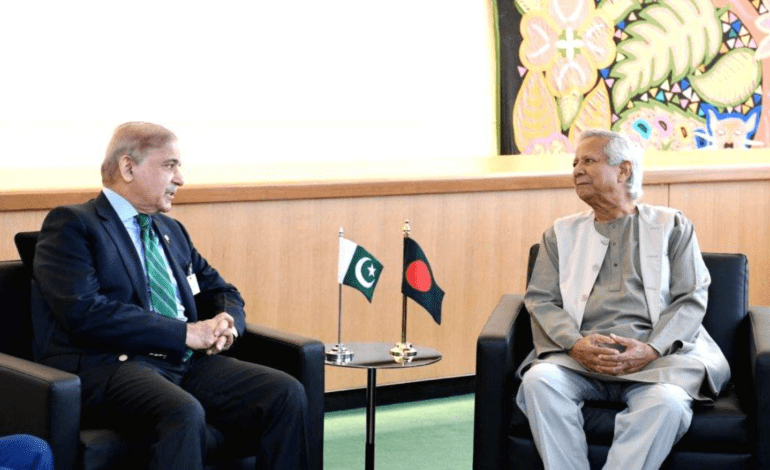
Bangladesh crackdown: Yunus targets intellectuals, critics of radical Islam
The arrest of renowned economist Professor Abul Barkat has sparked outrage across Bangladesh, exposing a growing crackdown on intellectuals, minorities, and dissenters under Muhammad Yunus’s interim government.
Barkat, 71, a former Chairman of Janata Bank and a vocal critic of radical Islam, was arrested on July 10 by Dhaka’s Detective Branch in a 297 crore Taka embezzlement case linked to Annontex Group. His bail was denied as the Anti-Corruption Commission (ACC) claimed he could tamper with evidence — a charge his supporters call politically motivated.
Widely respected for championing minority rights, Barkat has documented decades of forced migration of Hindus from Bangladesh. His research estimates over 11.3 million Hindus left the country between 1964 and 2013 due to systemic discrimination and land grabs under laws like the Enemy Property Act.
His recent book on Khas land reforms, co-authored with leading economists, highlights how 4.5 million Bangladeshis remain landless, while 2.6 million acres once owned by Hindus have been seized by elites aligned with state power.
Observers believe Barkat’s arrest is part of Yunus’s broader effort to silence dissent, reminiscent of the repression seen before Bangladesh’s 1971 liberation.
Despite threats from extremist groups since 2004, Barkat continued to expose the political economy of fundamentalism. Now, his detention without warrant signals the risks of speaking up in today’s Bangladesh.
The rising tide of political arrests, media censorship, and rising murder rates — including the gruesome killing of businessman Lal Chand — reflects the authoritarian grip tightening under Yunus’s unelected regime.
The interim government, accused of collusion with Pakistani and Chinese intelligence via Jamaat-e-Islami, is rapidly criminalizing human rights advocacy, leaving Bangladesh’s civil society in fear.